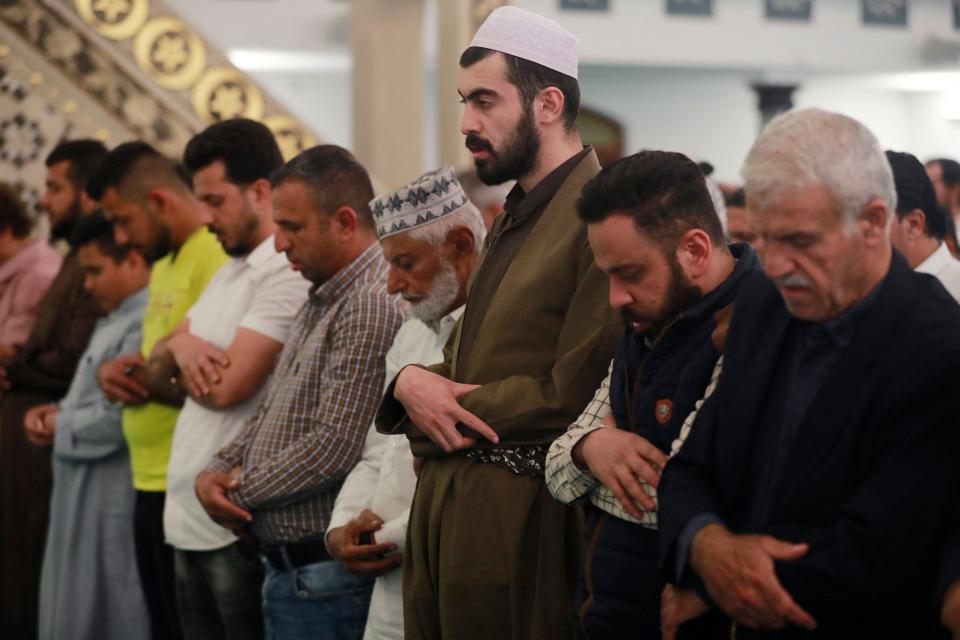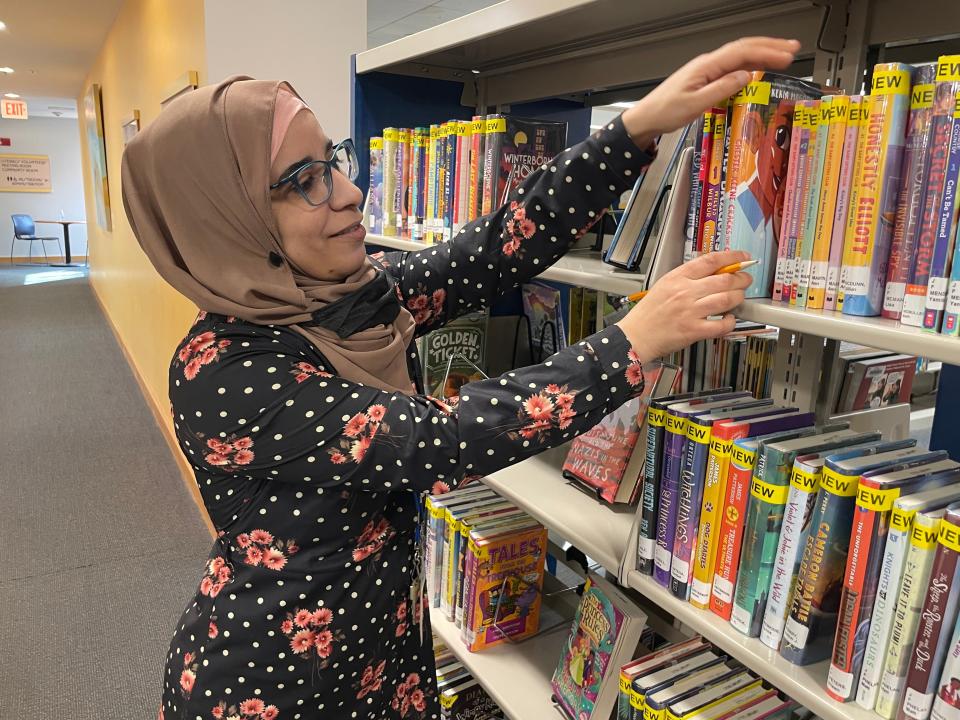With over 50 mosques across CT, how can non-Muslims be supportive during Ramadan?
The time for Ramadan for 2024 for observant Muslims is from March through early April. The holy month starts the evening of March 10 and will end April 9. One of the most well-known parts of the holy month is fasting from sunrise to sunset.
Because Islam follows a lunar calendar, the dates when Ramadan occurs shifts every year. The lunar calendar is 11 days shorter than the Gregorian calendar used to mark months and days.
During this sacred time, how can non-Muslims be supportive of their Muslim friends, neighbors and colleagues? Here’s some more information about Ramadan, and some ways to be supportive.

What is Ramadan?
Ramadan is the ninth month of the Islamic Lunar Calendar. Muslims believe this month was when God began to reveal the Qur’an to Muhammad in 610. While there are some exceptions, Muslims are told to fast during Ramadan. The fasting means nothing consumed, including water, from the first light of sunrise, until the sun is fully set. It’s meant to focus people on God, and to become reflective and self-reflective, Colleen Keyes, board member of the Muslim Coalition of Connecticut, said.
“This is a month of trying to get right, get back to what we’re about, and to reconnect to God in a special way,” she said.
Muslims see Ramadan as a sacred month for worshiping God. However, the end of the holy month, Eid Al-Fitr, is a celebration, as family and friends visit each other and eat, and children get new clothes, said Fatima Es-Slaoui Collins, a library assistant in the children’s department at Norwich's Otis Library.

How should non-Muslims be supportive of Muslims observing Ramadan?
One way is to be aware of how the fast affects people differently. While some are more invigorated during the fast, others may get a brain fog, have less energy, or may move slower. Even in school, young children aren’t required to fast, but some choose to do it anyway. It may take longer for these students to take their tests, Keyes said.
Beyond the five daily prayers Muslims pray ordinarily, they will go to the mosque every evening during Ramadan, reciting long Taraweeh prayers, so they may be out late. Then, people will get up before dawn to eat before the fast, Keyes said.
Some schools that have consulted with the Muslim Coalition of Connecticut have decided to have students observing Ramadan take the lunch break in the library or another part of the school away from the cafeteria. Some schools may provide Ramadan-themed activities for these students, Keyes said.
How is the fast broken?
Once the sun has set, or a little while after, Muslims will have a snack, being dates with water or milk, as Mohammad would do. Then, people will eat another snack food from their own culture, like Pakistanis eating samosas or Arabs eating pita and hummus. After that, evening prayers are said, and then the iftar meal is eaten, often starting with soup, Keyes said.
“We often think we’re going to eat the legs off the table, but when we start eating, we find we can’t fit that much because our stomachs shrank,” she said.
What would be an appropriate greeting for a non-Muslim to give a Muslim during Ramadan?
The most common greeting during Ramadan is “Ramadan Mubarak,” which means blessed Ramadan. A Muslim person may respond back with the same, or “Ramadan Kareem,” meaning generous Ramadan. The latter signifies that Muslims should increase their charity during the holy month, including serving the poor, Keyes said.
How do different Muslim communities observe Ramadan?
The main variations include cuisines, and when to break the fast. Sunni Muslims will break the fast at sunset, whereas Shias will break the fast 10 to 15 minutes after sunset, Keyes said.
Some mosques will offer a fast-breaking meal while open for prayers, though that depends on affording the food, and how many evenings they want to offer the meal. Others prefer iftar at home or with family, Keyes said.
How large is the Muslim community in Eastern Connecticut?
There are over 50 mosques across the state. The mosque in Groton is The Islamic Center of New London. There are relatively few Muslims in Norwich, as most of the community in southeastern Connecticut lives around Groton, working for Pfizer or other employers in the area, Es-Slaoui Collins said.
This article originally appeared on The Bulletin: Supporting Muslims during Ramadan: Fasting until Eid Al-Fitr gathering

